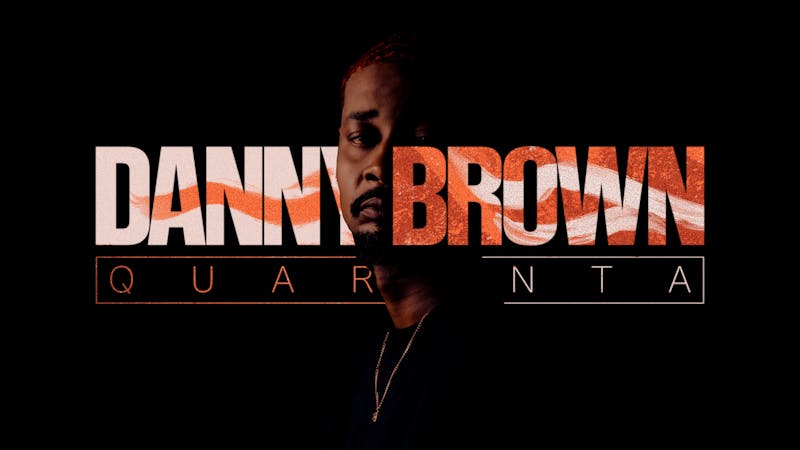“Sorry, I can’t go out to dinner … I have $7 a day to live on.” In December 2023, comedian Lukas Battle posted a video to TikTok sharing his ins and outs list for the new year. “Quiet luxury is out and loud budgeting is in,” he claims. Loud budgeting, according to Battle, encourages transparency surrounding one’s choice to not spend money. “It’s not ‘I don’t have enough,’ It’s ‘I don’t want to spend.’” Battle is not the first influencer to propose a shift towards financial transparency among Gen–Z, however. According to CNBC, the hashtag #FinTok has amassed over 4.7 billion views on TikTok, providing online spaces for users to share snippets of their financial experiences.
The recent push to spark conversations about personal finances, budgeting, and money management stems from generational gaps in the normalization of money talk. A 2023 Forbes Advisor study reveals that while a majority of Gen–Xers, Millennials, and Gen–Zers grew up discussing household finances, most Baby Boomers surveyed did not. The rise of FinTok and other social media finance–based content suggests that it’s becoming less taboo to discuss money openly. We can collectively dwell on our complex relationships with personal finances … So why not talk about it?
Some TikTok influencers are embracing loud budgeting to the fullest extent, sharing their personal finances with not only their peers but with the entire internet. “Payday routine” videos document influencers, across ages, salaries, and professions, breaking down their bi–weekly paychecks. Often, these videos show the exact amount of money in the paycheck and how much is being allotted to the influencers’ respective expenses.
Users can browse thousands of payday routine videos to find an influencer whose salary, expenses, and investments are similar to theirs: from a 21–year–old making $40,000 per year to a 26–year–old paying off $31,000 of debt, to a 30–year–old making $111,000 per year. Payday routines represent an array of financial experiences: single and dual incomes, debt and debt–free, part–time and full–time, financially independent and not.
Lexi Larson, a 27–year–old lifestyle influencer based in Denver is the matriarch of financial transparency and loud budgeting on TikTok. Larson’s content has a little something for everyone: get–ready–with–me videos, product reviews, work–from–home vlogs, and, of course, payday routine videos. Since Larson quit her corporate advertising job to start her own clothing line, she’s maintained transparency about her finances and the precarity of self–employment.
In March 2023, Larson posted a video breaking down her bi–weekly paycheck of $2,004 that has since gained over nine million views. In the video, Larson sets aside a portion of her earnings to pay her credit card bill, leaving her with insufficient money to set aside for her other expenses. “I’ll probably have to take money out of my savings to cover my expenses for the next couple weeks,” Larson admits. The rawness of Larson’s content resonates with her audiences, as per the response to her viral payday routine video. One user commented: “It’s so refreshing to see someone [whose] payday routine is exactly like mine.”
Loud budgeting is only a morsel of the financial wisdom being shared across social media. Some influencers have dedicated their entire platforms to sharing money management advice. Users can now turn to the TikTok search bar to answer burning financial questions like “Where should I invest?”, “What credit card should I use?”, and “What the hell is a Roth IRA, and why do I need one?”
Vivan Tu, known as @yourrichbff on TikTok, is an ex–Wall Street equity trader turned financial literacy champion. Tu has gained over 4.5 million followers across Instagram and TikTok for sharing advice for users in all stages of their financial lives. Some of Tu’s most viewed videos include tips for negotiating extra pay at a new job, cheap flight hacks, and how to avoid being scammed during tax season.
In an interview with CBS News, Tu reminds her audience that it’s okay to start small in the world of investing. “You can literally go to an online broker and sign up with as little as one dollar and buy fractional shares of an ETF that tracks the broader stock market,” she says, “And with a dollar you can be invested in the entire stock market … It’s essentially like being able to buy a huge bag of Halloween candy instead of buying a bag of chocolates and a bag of gummies and a bag of … whatever sweets. You get a whole pot—a ton of different stuff—for a dollar.”
It’s no secret that managing personal finances is not a walk in the park. However, FinTok, the loud budgeting movement, and social media’s embracing of financial transparency is finally countering the age–old advice that finances are meant to be private. Maybe it’s time we throw the towel in money myths and admit that another meal out is not in the cards.






